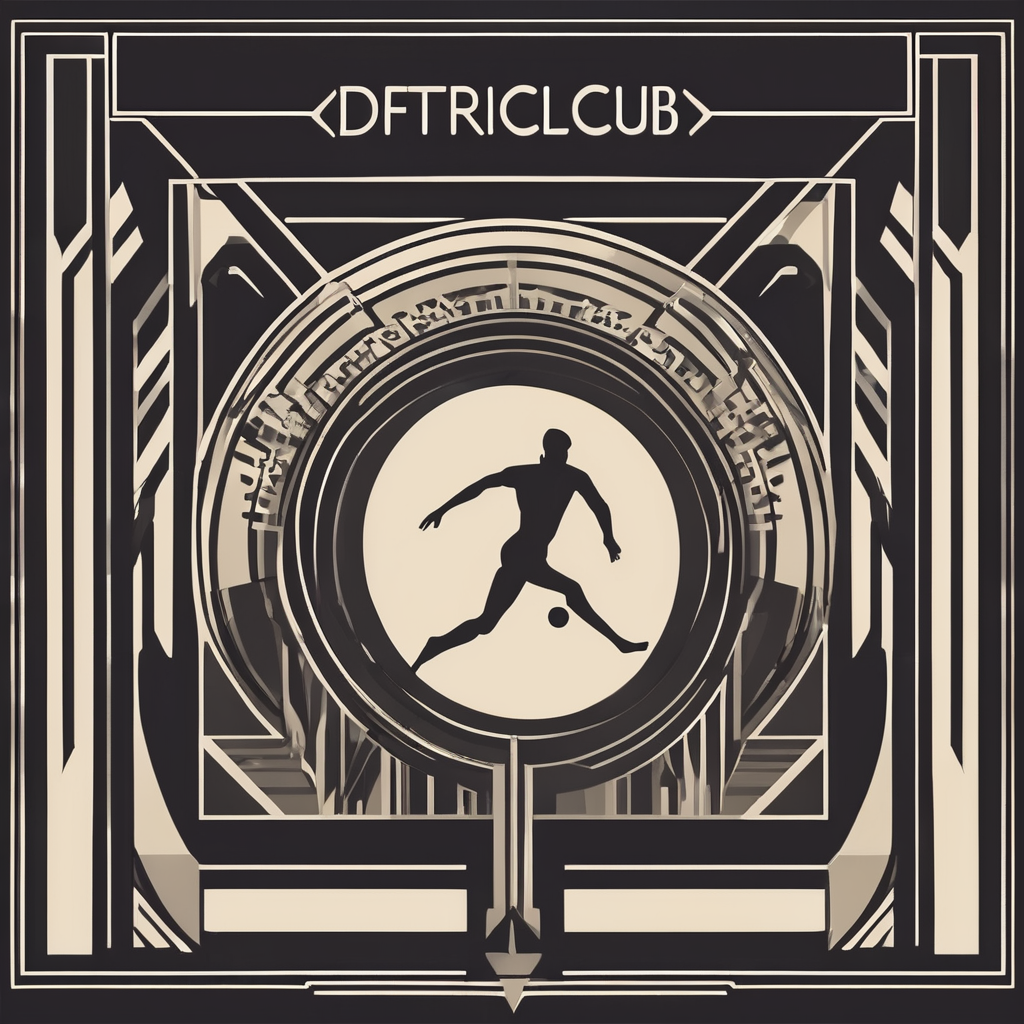Unlocking Optimal Muscle Recovery: Essential Nutrition Strategies for Weightlifters
When it comes to weightlifting and strength training, the journey to building strong, resilient muscles is just as much about the recovery process as it is about the workout itself. Proper nutrition plays a crucial role in this recovery, helping your body repair, rebuild, and grow your muscles. Here’s a comprehensive guide on the essential nutrition strategies to enhance your muscle recovery and overall athletic performance.
Understanding the Importance of Muscle Recovery
Muscle recovery is not just a passive process; it is an active and complex series of physiological events that require the right nutritional support. When you engage in high-intensity workouts, you cause micro-tears in your muscle fibers, which need to be repaired and rebuilt to grow stronger.
“Muscle recovery is where the real growth happens,” says Chelsea Rae Bourgeois, a registered dietitian. “If your body is well-fueled with the right nutrients, your muscles can be better equipped to grow and prosper as you train them each day.”
Nutrition Strategies for Optimal Muscle Recovery
Frequency and Timing of Meals
One of the key strategies for optimal muscle recovery is ensuring you eat frequently and at the right times. Here are some guidelines:
-
Eating Protein-Rich Meals Every 3-4 Hours: Consuming protein-rich meals at regular intervals ensures a steady flow of amino acids to your muscles, promoting continuous recovery and adaptation. This is particularly important for weightlifters who need to maintain a positive nitrogen balance to support muscle growth and repair.
-
Post-Workout Nutrition: The post-workout window is critical for muscle recovery. Consuming a mix of carbohydrates and protein within 30-60 minutes after your workout helps in glycogen resynthesis and protein synthesis. For example, a shake with 20-30 grams of protein and 30-40 grams of carbohydrates can be an effective post-workout snack.
Essential Nutrients for Muscle Recovery
Several nutrients are crucial for muscle recovery and growth. Here’s a detailed look at some of the most important ones:
-
Protein:
-
Protein is the building block of muscles, and adequate intake is essential for muscle repair and growth.
-
The National Institutes of Health suggests that sedentary individuals should consume at least 0.36 grams of protein per pound of body weight each day. However, for weightlifters, this requirement can be significantly higher, often ranging from 0.8 to 1 gram of protein per pound of body weight.
-
Examples of high-quality protein sources include whey protein, casein protein, and plant-based options like pea and rice protein.
-
Carbohydrates:
-
Carbohydrates are vital for glycogen resynthesis, which is the process of replenishing the energy stores in your muscles.
-
On training days, increasing calories and carbohydrates can help fuel muscle growth and recovery. Conversely, on rest days, decreasing calories can promote fat loss while maintaining muscle mass.
-
Amino Acids:
-
Branched-Chain Amino Acids (BCAAs) such as leucine, isoleucine, and valine are particularly beneficial for muscle recovery. They can help reduce muscle soreness and support protein synthesis.
-
BCAAs can be taken before, during, or after workouts to help mitigate muscle damage and enhance recovery.
Supplements to Enhance Muscle Recovery
While a balanced diet is the foundation of muscle recovery, certain supplements can provide additional support.
-
Protein Powders:
-
Whey protein and casein protein are popular choices among weightlifters. Whey protein is absorbed quickly, making it ideal for post-workout recovery, while casein protein is absorbed more slowly, providing a sustained release of amino acids over several hours.
-
Creatine:
-
Creatine is an organic compound that fuels greater strength and muscle size. It works by increasing the amount of phosphocreatine in your muscles, which is used to produce ATP (adenosine triphosphate), the energy currency of your body.
-
Pre-Workouts and Post-Workouts:
-
Pre-workout supplements often contain ingredients like beta-alanine, citrulline malate, and caffeine, which can help you push through harder, more intense workouts.
-
Post-workout supplements focus on muscle repair and recovery, often including ingredients like protein, BCAAs, and antioxidants.
Practical Insights and Actionable Advice
Here are some practical tips to help you implement these nutrition strategies effectively:
Sample Meal Plan
Here’s a sample meal plan to illustrate how you can incorporate these strategies into your daily routine:
| Meal Time | Meal Composition |
|---|---|
| Breakfast | 3 whole eggs, 2 egg whites, 2 slices of whole wheat toast, 1 cup of oatmeal |
| Mid-Morning Snack | 1 scoop of whey protein, 1 cup of mixed berries |
| Lunch | Grilled chicken breast, 1 cup of brown rice, 1 cup of steamed vegetables |
| Pre-Workout Snack | 1 scoop of pre-workout supplement, 1 banana |
| Post-Workout Snack | 1 scoop of whey protein, 1 cup of mixed berries, 1 cup of Greek yogurt |
| Dinner | Grilled salmon, 1 cup of quinoa, 1 cup of roasted vegetables |
| Before Bed | 1 scoop of casein protein, 1 cup of almond milk |
Tips for Choosing the Right Supplements
When selecting supplements, here are some key considerations:
- Your Fitness Level: Beginners may benefit from basic supplements like protein powder and a multivitamin, while more advanced bodybuilders might find creatine, BCAAs, and testosterone boosters more helpful.
- Your Diet: Identify gaps in your diet and choose supplements that fill those gaps.
- Your Workout Routine: If you’re doing high-intensity workouts, supplements like creatine and pre-workouts could be beneficial. For endurance workouts, BCAAs and protein powders might aid in recovery.
Table: Comparing Key Supplements for Muscle Recovery
| Supplement | Key Ingredients | Benefits | Ideal For |
|---|---|---|---|
| Whey Protein | Whey protein isolate/concentrate | Rapid absorption, high in essential amino acids | Post-workout recovery, muscle growth |
| Casein Protein | Casein protein | Slow absorption, sustained release of amino acids | Before bed, between meals |
| Creatine | Creatine monohydrate | Increases strength, enhances muscle size | High-intensity workouts, strength training |
| BCAAs | Leucine, isoleucine, valine | Reduces muscle soreness, supports protein synthesis | During or after workouts |
| Pre-Workouts | Beta-alanine, citrulline malate, caffeine | Enhances workout performance, increases energy | High-intensity workouts |
| Post-Workouts | Protein, BCAAs, antioxidants | Aids in muscle repair and recovery | After workouts |
Unlocking optimal muscle recovery is a multifaceted process that involves a combination of the right nutrition strategies, timely meal planning, and the judicious use of supplements. By understanding the importance of protein, carbohydrates, amino acids, and other essential nutrients, you can create a nutrition plan that supports your muscle growth and athletic performance.
Remember, muscle recovery is not just about what you do after your workout; it’s about maintaining a consistent and balanced approach to your nutrition and training. With the right strategies in place, you can ensure that your body is always ready for the next challenge, whether you’re a seasoned athlete or just starting your fitness journey.
As Chelsea Rae Bourgeois aptly puts it, “The key to optimal muscle recovery is consistency and patience. It’s not a sprint; it’s a marathon. By fueling your body with the right nutrients at the right times, you set yourself up for long-term success and continuous progress in your fitness journey.”










